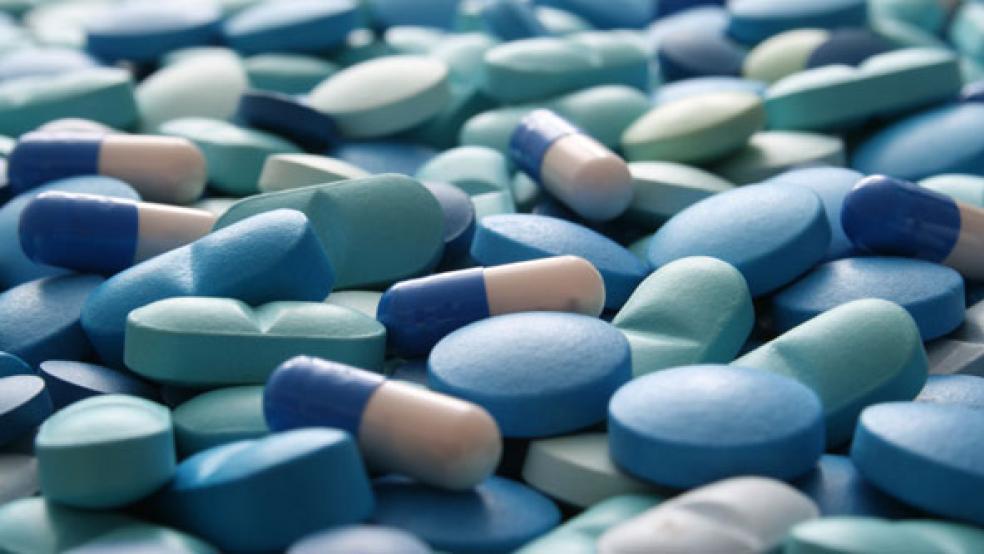Hospitals are getting into the generic drug business.
For years, health systems have been on the hook for skyrocketing drug prices for injections or drugs delivered through IV solutions. And as of Thursday, there were 148 drugs currently facing shortages, according to the American Society of Health-System Pharmacists.
Those shortages include everything from bags of saline solution to common antibiotics. It's something Salt Lake City-based Intermountain Healthcare, and Catholic health systems Ascension, SSM Health, and Trinity Health, along with the Department of Veterans Affairs health administration (a group that in total represents 450 hospitals) want to fix by creating a nonprofit generic drug company.
"The new initiative will result in lower costs and more predictable supplies of essential generic medicines, helping ensure that patients and their needs come first in the generic drug marketplace," the health systems said in a news release.
To pull this off, the health systems will need to create a company that's an FDA-approved manufacturer of certain generic medications that will either make the drugs itself or contract with other manufacturers to make the generic drugs.
Once the generic drugs are made, the health systems that are part of this group will need to purchase the medications to use in their hospitals, which could give the health systems a lot of power over the generic drug industry.
"If they all agree to buy enough to sustain this effort, you will have a huge threat to people that are trying to manipulate the generic drug market. They will want to think twice," Dr. Kevin Schulman, a professor of medicine at Duke University told The New York Times.
Why hospitals are facing drug shortages and price hikes
There are a number of explanations for generic drug shortages. Most are related to manufacturing problems. In the cases of saline, Baxter's facilities in Puerto Rico were hit by the hurricanes, adding to existing shortages.
In other cases, some of the companies which make large portions of the drug simply stop making it, or a drug is only being produced by a single manufacturer.
And therein lies the problem: There simply are not enough companies making the drug to keep up with demand.
It's all part of a consolidation of the manufacturers who produce generic drugs.
US generic companies have had a harder time turning a profit on generic drugs while competing with companies outside the US that are able to make the same drugs at a cheaper cost. That's caused manufacturers to home in on certain generic drugs and discontinue others that don't make as much money.
If a generic manufacturer has a shortage, there's no easy fix — you can't just pass off the job to another company while the first fixes its problems, since getting approval to take on a new drug can take years. It also creates situations in which only one or two companies produce a certain drug, making it vulnerable to price increases.
This article originally appeared on Business Insider. Read more at Business Insider:
* Amazon reveals the 20 cities that could be the home of its next headquarters
* Here's how your tax bracket will change in 2018
* Inside the swanky private club where Bill Gates, Eric Schmidt, and Justin Timberlake go to ski
* Just 9 of the world's richest men have more combined wealth than the poorest 4 billion people




